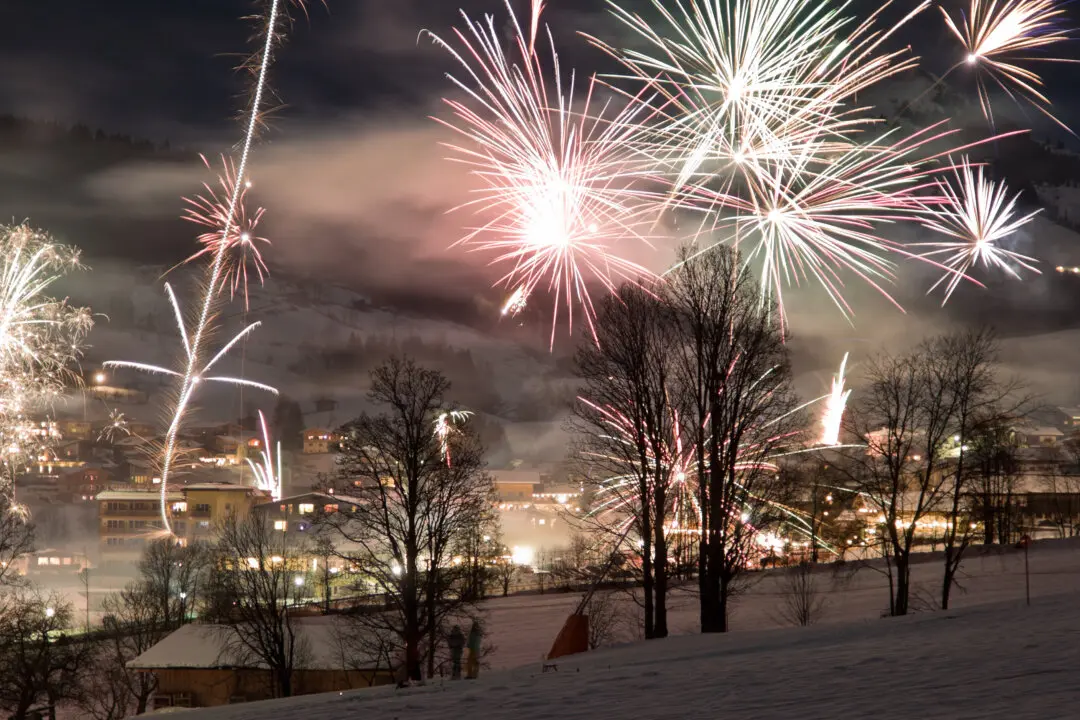Behold her, single in the field, Yon solitary Highland Lass! Reaping and singing by herself; Stop here, or gently pass! Alone she cuts and binds the grain, And sings a melancholy strain; O listen! for the Vale profound Is overflowing with the sound.
No Nightingale did ever chaunt More welcome notes to weary bands Of travellers in some shady haunt, Among Arabian sands: A voice so thrilling ne'er was heard In spring-time from the Cuckoo-bird, Breaking the silence of the seas Among the farthest Hebrides.
Will no one tell me what she sings?— Perhaps the plaintive numbers flow For old, unhappy, far-off things, And battles long ago: Or is it some more humble lay, Familiar matter of to-day? Some natural sorrow, loss, or pain, That has been, and may be again?
Whate‘er the theme, the Maiden sang As if her song could have no ending; I saw her singing at her work, And o’er the sickle bending;— I listened, motionless and still; And, as I mounted up the hill, The music in my heart I bore, Long after it was heard no more.
“Stop here, or gently pass!” we are bid in William Wordsworth’s “The Solitary Reaper,” and thus we are invited to admire the beauty of the song of a Highland girl while she tends to her work. Wordsworth’s poetry depicts everyday scenes from country life, as he believed that under simpler circumstances the passions of the heart could reach their maturity.According to Wordsworth, poetry finds its origin in emotion recollected in tranquility. Poetry, therefore, was not merely a feeling immediately written down but was mediated through contemplation later on.





